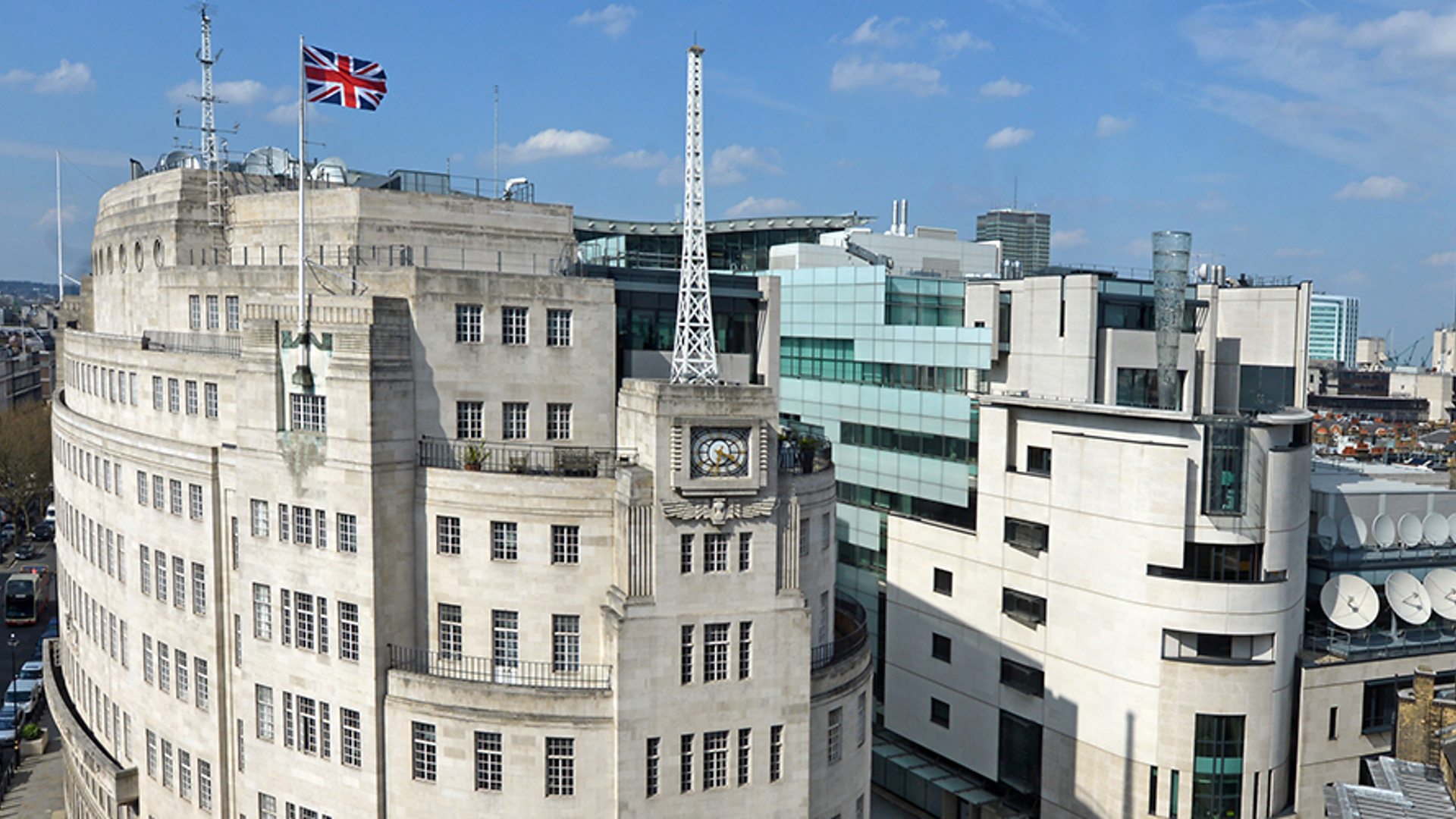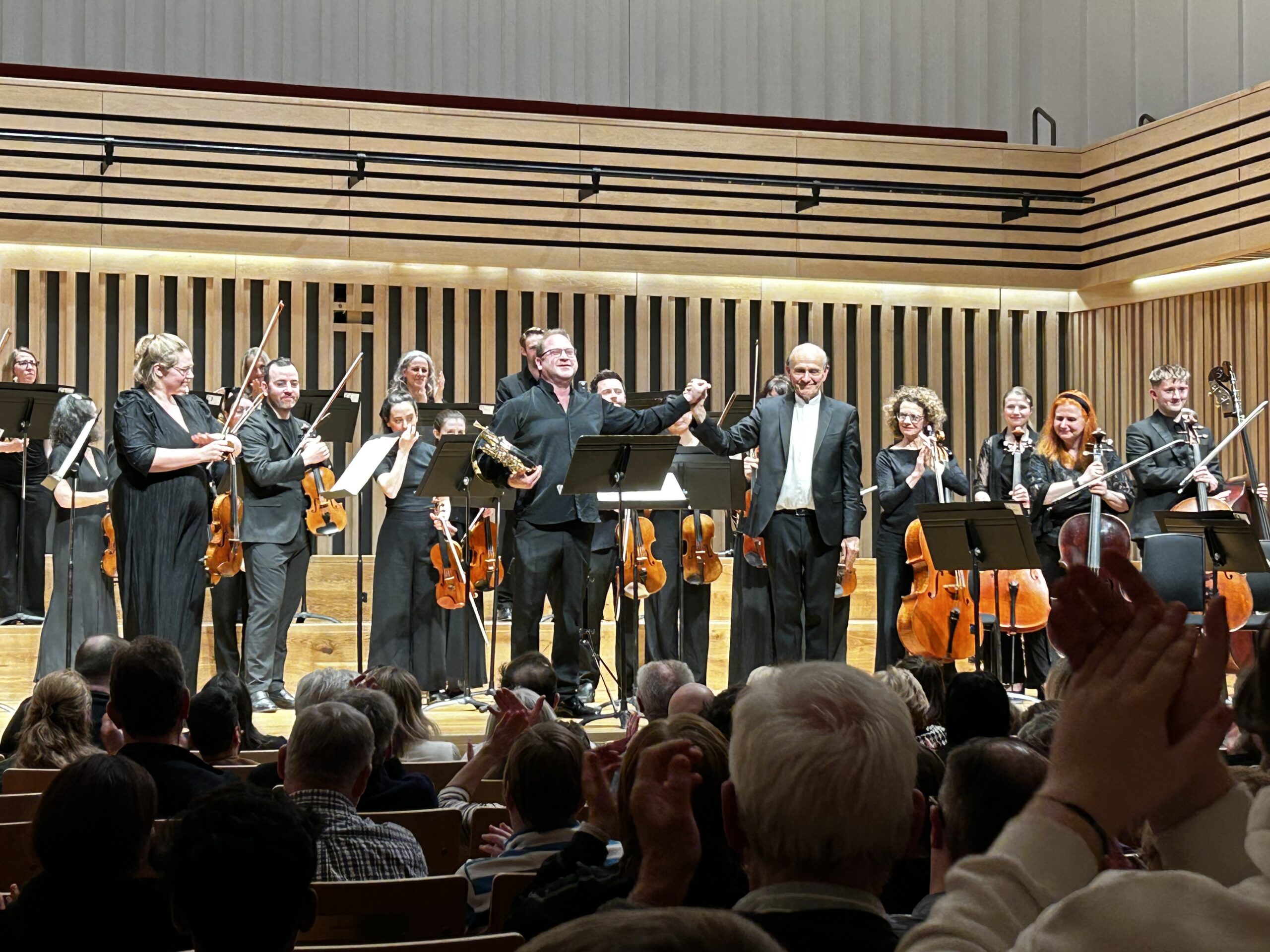There’s been a bit of noise about recent changes to BBC Sounds and, by extension, access to BBC Radio 3 and the BBC Proms outside of the UK. The changes haven’t happened yet, but are scheduled to. This post provides some perspective with a couple of links to a trusted source who has more detail on it.
The recent announcement is part of a wider strategy of separating off domestic audiences from international audiences of BBC content. This could be seen as being part of a wider strategy of preparing the ground for a time when the BBC isn’t solely funded by the Licence Fee, replaced by a subscription-based model. By separating off access — free at the point of delivery for UK audiences, and free for international audiences — introducing a paywall further down the line is easier, limiting the impact on audiences. Its easier to introduce change step by step; riskier to implement two separate walled gardens and demand subscription payments for access all in one go in the future.
The introduction of separate access points for different audiences isn’t about denying people access to content, its about the broadcaster preparing the ground for a future change when its allowed to charge subscriptions for access.
What this means for access to Radio 3 and Proms content in the future is that international audiences won’t be able to hear live or catch-up content via BBC Sounds or BBC Audio. The reason for this is that at the current stage, music radio (live and on catch-up) is subject to rights capture so that artists and labels can be paid for their work. This payment is currently covered by the UK funded Licence Fee. If there’s less Licence Fee money to go around at the BBC, then it makes sense that providing live radio and catch-up content that costs money to an audience outside of the UK that isn’t paying the Licence Fee should be closed off.
Yes, I know the Licence Fee was for television but the money from that Licence Fee pays for ALL BBC services. Just because it doesn’t have any pictures doesn’t mean radio production staff and the people who appear on radio give their services gratis. The money has to come from somewhere. Why should international audiences get that content for free?
Where it gets tricky is to do with the BBC Proms. Historically this broadcast music season is heavily subsidised by the Licence Fee. That’s what keeps ticket prices low. That subsidy also contributes to paying artists and composers. Therefore if UK audiences are paying the Licence Fee which in turn subsidises the Proms season, why should the BBC give that content away for free to international audiences who aren’t contributing to the running costs?
But what about the BBC World Service? That’s given away for free, isn’t it? Actually, no. Historically, the World Service was heavily subsidised by the Foreign, Commonwealth and Development Office. It’s currently part-funded by the Licence Fee and by £104m from FCDO in return for the World Service broadcasting in 42 languages to 318 million people worldwide. This too costs money. And the arrangement comes to an end in 2025. The submission of written evidence to an inquiry about the future of the World Service with publication of conclusions expected later this year.
Producing live music radio incurs costs, just as mounting the BBC Proms every year. That has historically been shouldered by the UK Licence Fee payer. With a limited and dwindling budget it makes sense for the broadcaster to position itself ready for a scenario where the Licence Fee is either abolished or the broadcaster’s funding model is changed. Indeed, doing so demonstrates a willingness by the Corporation to engage with the discourse around a changing funding model. Reputationally, some heavily criticise the Corporation for domestic content being quite so readily available for external audiences who don’t pay for it.
It’s important to stress that discussions about the future of the Licence Fee are ongoing. While change seems increasingly likely, any significant shift — such as a move to a subscription-based model — is unlikely to be implemented before the end of the current BBC Charter period, which runs until 2027. Nor is likely to be implemented as a replacement before 2037 (when the next Charter would expire). What we’re seeing now may simply be early preparation, laying the groundwork for flexibility in the long term. It might even be an extension of its commercial activities (where some BBC iPlayer content is offered on a subscription basis outside of the UK) which in turn could be extended to music radio.
Importantly, radio industry commentator James Cridland has blogged about how domestic radio stations from the BBC will still be available via some third party platforms like Google, Alexa (presumably) and TuneIn.



